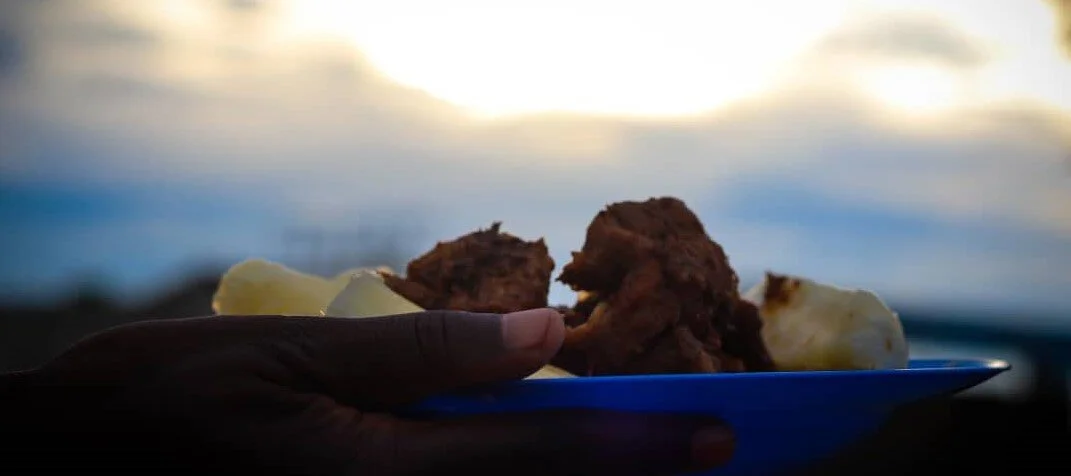THE SITUATION
As of 5/20/2020:
Uganda reports 260 cases of COVID-19 and no deaths. The nationwide lockdown is slated to begin easing on June 2.
For several weeks, Child Protection Officer Alex Mundele has been the only one of ChildVoice staff able to get around Imvepi refugee Settlement in Uganda due to the COVID-19 lockdown. It’s a heavy load on one person, but one he feels is a calling. He uses a small motorcycle to check in with staff working remotely, follow up with the young women we serve to address their needs, and transport vital food supplies to their families that are scattered throughout the settlement.
Transporting supplies is no easy task for Alex. “I tie food onto the motorbike,” he explained. “I can tie four bags of corn flour, beans, oil, and other items. It’s a heavy package, and with the nature of the road being not all that fine, and it being rainy and so on, I have to move slowly. If I tie four bags of corn flour to the bike, that’s 100 kg (220 lb).”
Thankfully, Alex will soon be joined in the field by two other staffers. The help can’t come too soon. As Alex said: “At the end of the day, I just feel weary and totally exhausted.”
Nigeria reports 6,401 total cases of COVID-19 and 200 deaths. Nigeria’s less stringent measures mean that individual states have greater responsibility to deal with the pandemic. The country is now in the midst of the first phase of lockdown easing.
Lockdowns in both countries have created unintended issues for their sizable refugee and internally displaced persons populations, most significantly hunger. At Imvepi Refugee Settlement in Uganda, some families are reporting that children are getting just one meal a day. ChildVoice caseworkers have also documented at least five cases of attempted suicide, all due to hunger and stigmatization stemming from inability to provide.
ACTIONS
Due to stringent lockdown measures, almost all ChildVoice staff in Uganda—both at the Lukome Center and Imvepi refugee Settlement -- have been forced to remain in contact with their students remotely. At Imvepi, just one staffer has been able to get around and provide on-site support to date. (See sidebar.)
Meanwhile, our Nigeria staff have had more freedom to visit the IDP camps at Malkohi. We have just purchased a new vehicle for the team, which will make delivering emergency relief supplies to girls in the Malkohi camps much easier.
NEEDS
In both Uganda and Nigeria, the adolescent girls we work with – and their children – continue to struggle with a worsening food supply situation. Our field teams are responding by delivering food and other needed supplies, but the food situation is expected to continue to remain a problem for some time.


